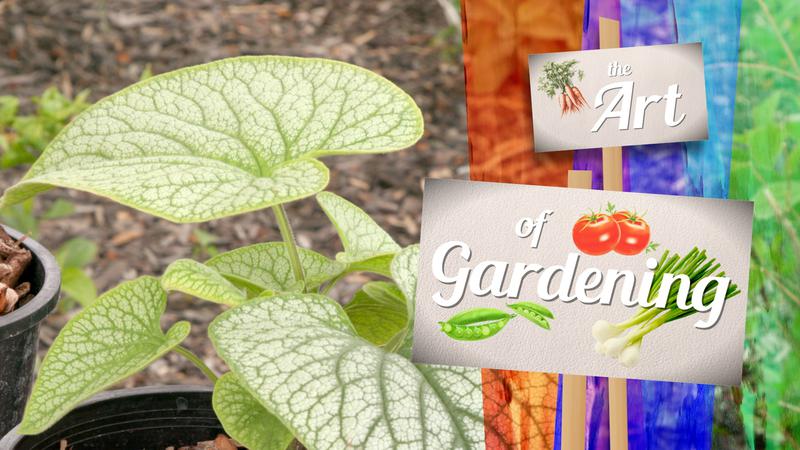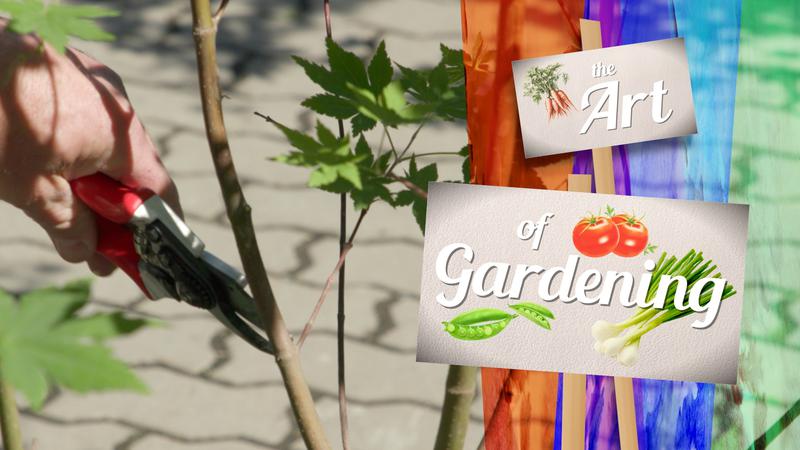
SOUND OFF: How to reduce food waste in Kamloops during the festive season
Second Harvest (2024) reports that nearly 50 per cent of food in Canada is wasted, costing the country $58 billion yearly. Around 63 per cent of Canadians throw away food that could have been eaten, amounting to around 140 kilograms of wasted food yearly. The holiday season is particularly wasteful, since families often prepare copious feasts that could feed a significantly larger number of people. Wasting food hurts the environment and causes excess spending, but it doesn’t have to. Love Food Hate Waste Canada and the City of Kamloops are making it easy to “waste not, want not” during the holiday season.
Keeping Food Fresh
If you cook a large meal for Christmas Eve or Christmas Day and the thought of consuming leftovers immediately doesn’t appeal, simply use your freezer and preserve a myriad of dishes for months to come. Love Food Hate Waste Canada has a handy fridge guide that provides advice on everything from how to store food (for instance, leftovers should be placed on the top shelf and raw fish, meat and seafood on the bottom shelf) to temperatures and separation of high ethylene foods (like apples, bananas and tomatoes) from other foods. Most cooked dishes can be frozen. Simply use an airtight container and/or wrap food in cling film then in aluminum foil to prevent freezer burn. Some foods do not freeze and thaw well, including soft cheeses, cooked pasta and rice and cooked potatoes.
Follow Kamloops’ Residential Collection Schedule


